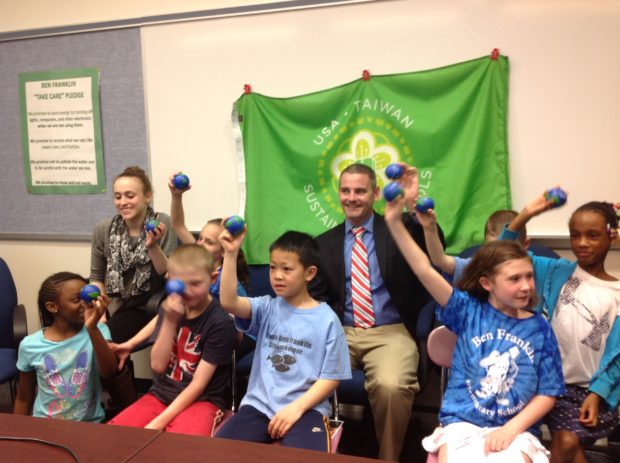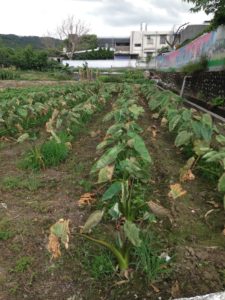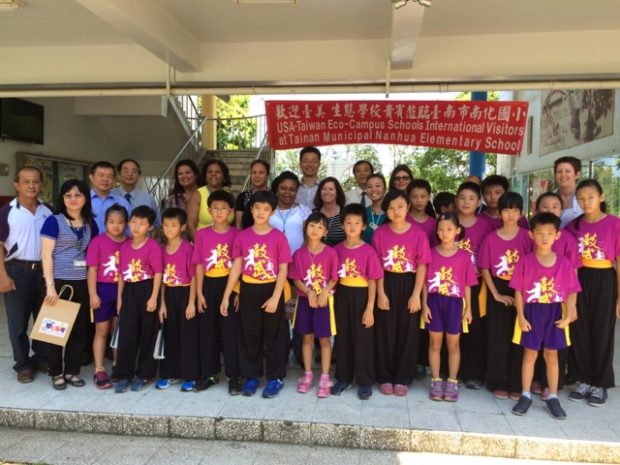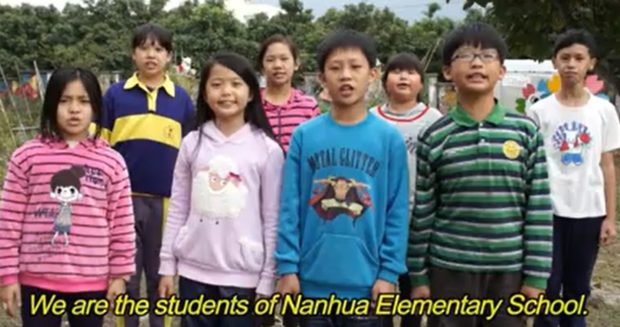We have much more to do and your continued support is needed now more than ever.
USA and Taiwan Students Work Together to Address Environmental Issues
National Wildlife Federation’s Eco-Campus Partnership Program is a high-quality collaborative educational experience for students from diverse cultures whose aim is to increase environmental literacy among students internationally. The Taiwan Environmental Protection Administration and the U.S. Environmental Protection Agency have cooperated for over 20 years.

Here are a few accounts of the program’s success:
“Having the fortunate opportunity to participate with a sister school in Taiwan has added so much to the learning experience for my students. It has opened their eyes to the idea that the world is a small place. Taiwan is not terribly far away, and the students and the teachers are similar to all of us. Their problems and concerns with the environment are our problems and concerns with the environment. The experience also highlights the interconnectedness we all share with the Earth. We are all stewards for the future generations. Seeing the smiling faces of the students and their sense of wonder come across the Skype screen was truly priceless. What a fantastic experience!” – Erika Park, Elementary teacher, New Jersey.

“As a result of this cultural exchange, I have learned that there are many more ways in which the US and the Taiwan environmental education experiences are similar, than ways in which they are different.
I learned that on both sides of the world, students care about protecting the environment, understanding their local ecosystem and finding sustainable solutions to some of the world’s biggest environmental challenges, such as global warming, energy consumption, air and water pollution, species protection etc.
Students on both sides of the globe are recycling, monitoring energy use, harnessing wind and solar energy, finding ways to connect with nature through play and learning, supporting native populations of butterflies and growing edible crops through sustainable gardens.” – Sandra Cornell, STEM Coordinator/ Grade 6 science teacher, Maryland.

“Although our visit [to Yong’an Elementary School in Taiwan] was short, we were blown away by their use of technology to improve their carbon footprint. They had solar panels and a real time energy usage tool which could be used by students and teachers in the classroom.
Also, I can’t forget the great Asus tablet app which allows the students to view images in 3-D. Our last school [we visited] was Affiliated Experimental Elementary School of National Chiayi University, which is a partner school with Sequin Elementary. Their students presented a PowerPoint about their sustainability initiatives. They had some great ideas which I hope to implement at my school. We toured their butterfly garden, we toured their butterfly house…. their parent volunteers stayed to show us the different butterflies, caterpillars, and lifecycles. Then we got to visit their student requested, student created tree house.” – Jacque Sanchez, Griffin Elementary School, Broward County, Florida.
And to see what Taiwanese teachers and students think of the Eco-Campus Partnership Program, check out the video from students at Nanhua Elementary School in Taiwan, whose sister school is North Chevy Chase in Maryland.
![]() Learn more about the Eco-Campus Partnership Program on our website, and email eco-schoolsusa@nwf.org to participate in the action today!
Learn more about the Eco-Campus Partnership Program on our website, and email eco-schoolsusa@nwf.org to participate in the action today!






















